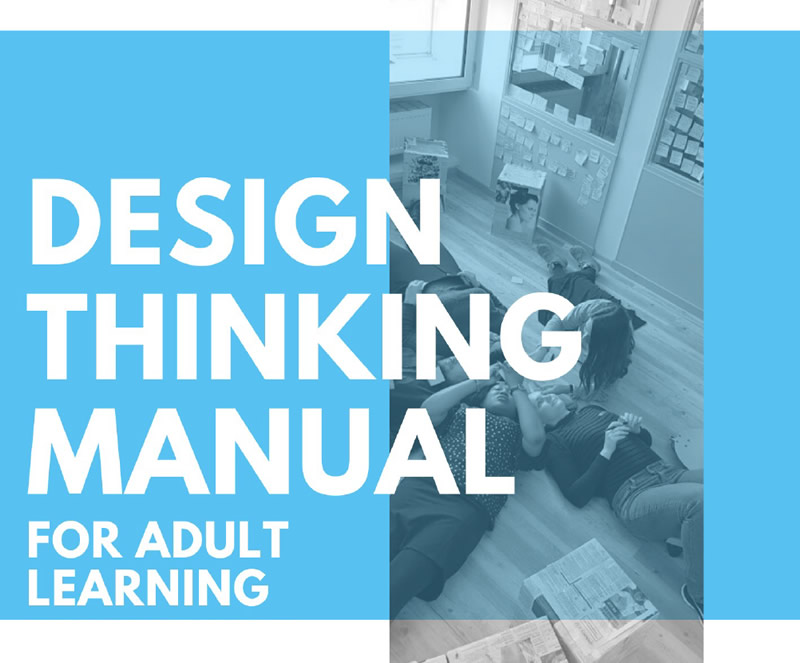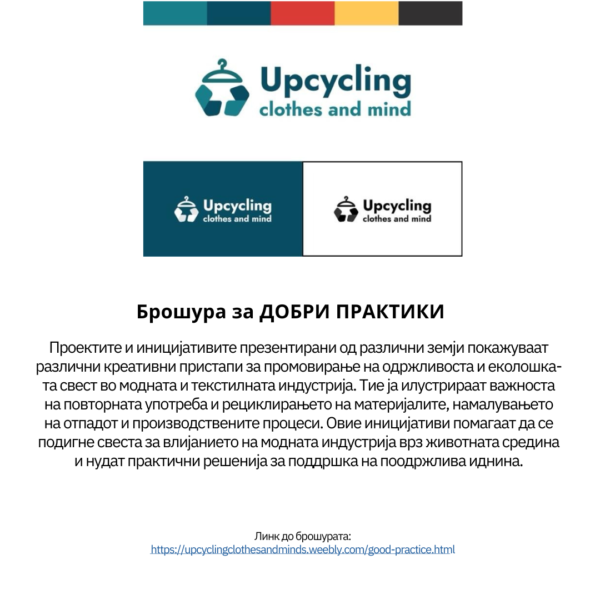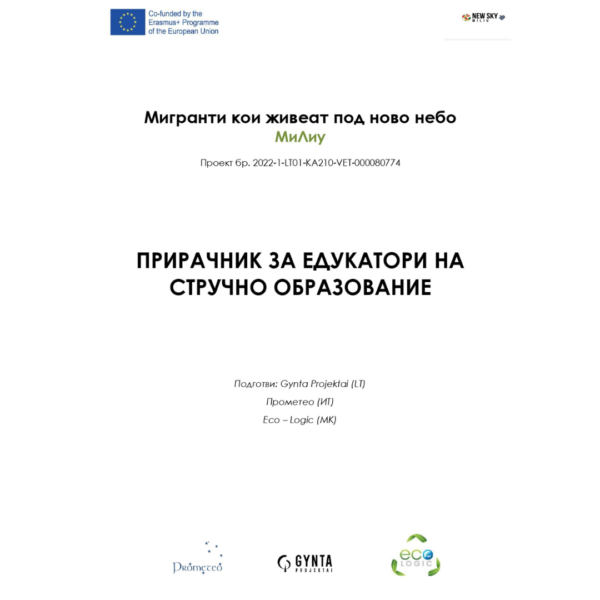In adult learning, the development and design of products and services targeting at different specific target groups’ and individual learners’ needs become more and more important. This includes traditional and digital teaching and learning materials, e-learning environments, education games or virtual reality based material. The challenge for educators and decision makers in adult learning institutions is how to meet these expectations by developing and providing high quality outputs. Design Thinking can strongly contribute to a better performance of adult learning offers as regards usability and acceptance by learners, thus making these offers more effective and efficient. At longer term, this will imply a higher grade of sustainability: a better investment in terms of resources on behalf of adult learning institutions, and a better investment in terms of high quality education on behalf of adult learners.
The manual is intending to support adult learning providers in introducing Design Thinking into their work to tackle substantial problems by identifying user-oriented solutions. It has been developed in the framework of the Erasmus+ strategic partnership project D-LEARNING, bringing together representatives of organizations from 6 European countries who are actively implementing adult learning with different target groups.
The manual describes the entire Design Thinking process, suggests practical methods to complete the different iterative steps of the process, and concludes with 6 case studies from the work of the project partner organizations. Representatives from all partner organizations have been participating in an intensive training course in Design Thinking guided by a team of professional trainers who have also co-authored this manual.
The manual is complemented by a curriculum that enables trainers from adult education institutions to go through an exemplary Design Thinking process with a team, thus enabling them to implement the method in their own organisation or networks.





